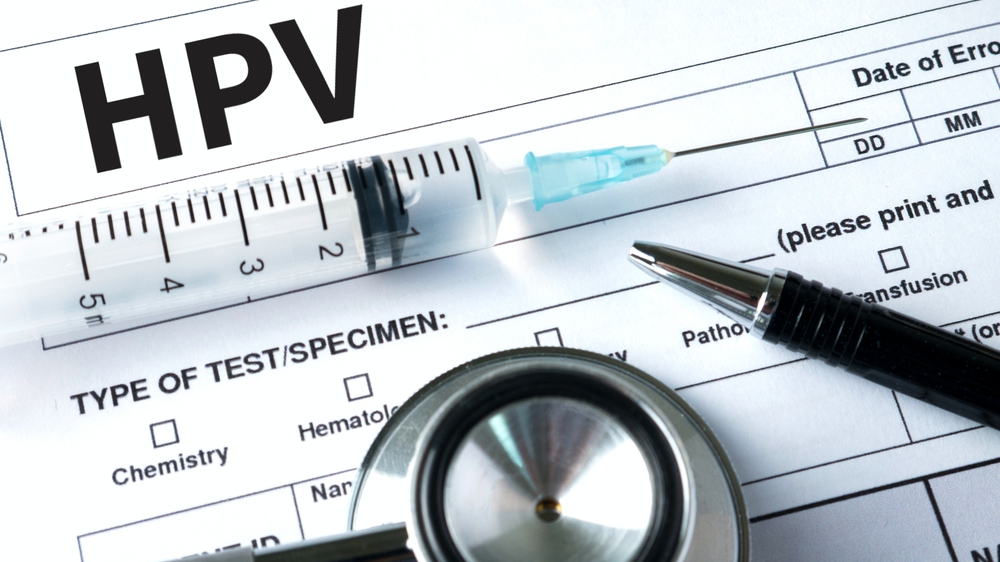 The U.S. Food and Drug Administration (FDA) has approved the HPV vaccine for people 27 - 45.
The U.S. Food and Drug Administration (FDA) has approved the HPV vaccine for people 27 - 45.
"This is hugely positive for the health of younger and mid-life adults," says Dr. Gregory Poland, director of the Mayo Clinic Vaccine Research Group. "Currently we have no options for prevention of the many cancers as well as genital warts caused by HPV."
"For adults up to age 45 years who may not have been immunized against HPV in adolescence, we now have a safe and effective option to prevent infection and maintain health in sexually active adults," adds Dr. Poland. "From both an individual health and public health perspective this decision by the FDA is a hugely positive game-changer in the strategy to protect the health of Americans."
Watch: Dr. Gregory Poland discusses HPV.
Journalists: Broadcast-quality sound bites are in the downloads at the end of the post. Please ‘Courtesy: Mayo Clinic News Network.’
HPV is a group of related viruses that can spread from intimate skin-to-skin contact, usually through vaginal, anal or oral sex with someone who is infected with the virus.
Dr. Poland says HPV is ubiquitous. Nearly 80 million people in the U.S. have the HPV sexually transmitted infection, and 14 million people in the U.S. are infected a year.
"In today’s world, anyone who is sexually active and who hasn’t been protected is going to get infected with the HPV virus,” says Dr. Poland.
Most people will not be aware of being infected and will not develop symptoms. However, that's not always the case.
"From both an individual health and public health perspective this decision by the FDA is a hugely positive game-changer in the strategy to protect the health of Americans." - Dr. Gregory Poland, director of the Mayo Clinic Vaccine Research Group.
"This virus causes two major problems: cancers – and there are about seven of them that it causes – and genital warts," says Dr. Poland.
"People are aware of the connection with cervical cancer, but it [HPV] causes vaginal cancer, labial cancer, anal cancer, oral cancer, penile cancer," says Dr. Poland. "These are completely preventable. Imagine completely preventing a cancer by a vaccine. That’s the power of this vaccine."
The HPV vaccine guidelines from the Centers for Disease Control and Prevention currently recommend that children ages 11-12 should receive two doses of the vaccine at least six months apart. This is a change from the previously recommended three-dose series. Adolescents and young adults older than 15 should continue the three-dose series.
Dr. Poland urges parents to have their children vaccinated, "The risk is essentially zero, and the benefit is incalculably large."
Related posts:
- Mayo Clinic Minute: Protect your child with HPV vaccine
- Mayo Clinic Minute: The rise of HPV-related throat cancer
- Infectious Diseases A-Z: HPV vaccination guidelines to prevent cervical cancer







